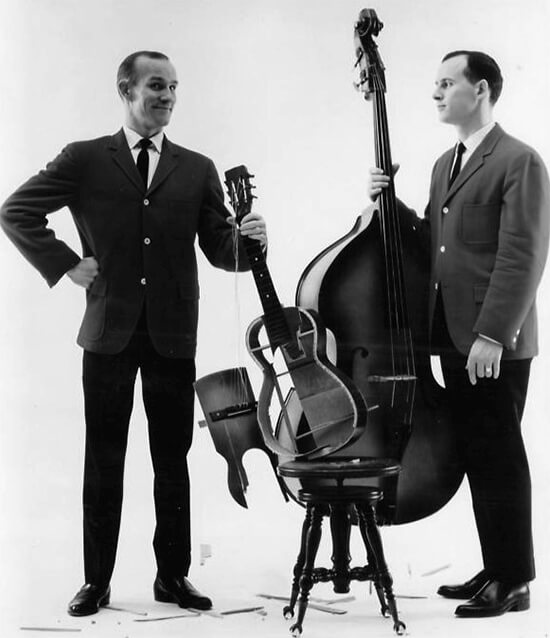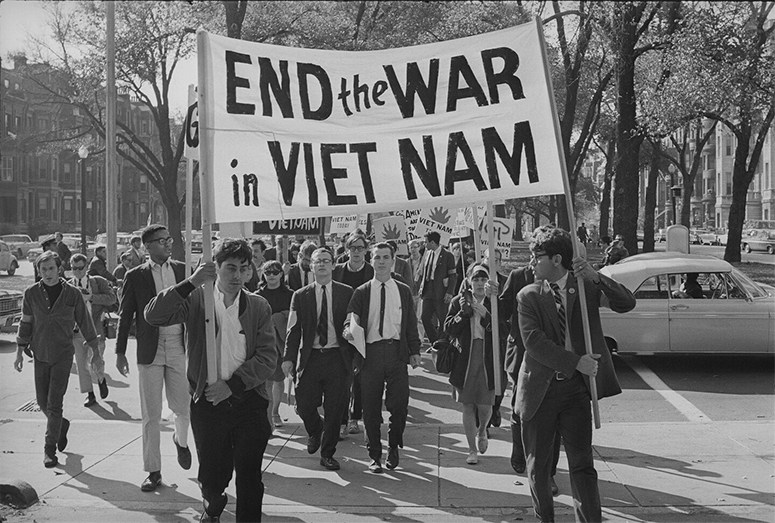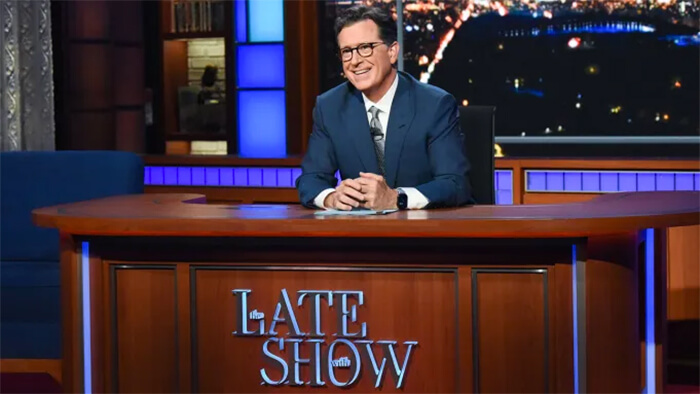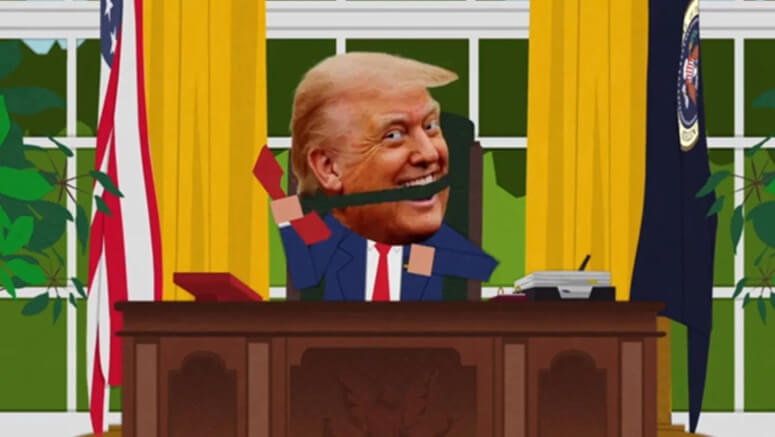When comedy cuts too close
Imagine this: a TV show host on CBS is suddenly cancelled by the network and told his time is up — that for strictly business reasons, he’s got to go.
No, it’s not Stephen Colbert. This happened in 1969, when the CBS network cancelled The Smothers Brothers Comedy Hour, citing a legal excuse in pulling the plug on the highly rated show with its skits and political satire.
While Colbert seems determined to go down fighting, middle finger upraised, until the whole “Late Night” franchise is unplugged by the network—citing “business reasons”—the phenomenon is not exactly new to the entertainment industry, which of course has always relied on advertisers, happy affiliates, and the fickle finger of viewing choices.

In the case of the Smothers Brothers, the controversy that led to their removal from CBS began gradually. The network hired the folk duo, known for their comic interludes between songs, to host an innocuous primetime variety show. Onstage, younger brother Tom played the fool to older Dick’s more pragmatic arguments, but offstage, Tom was itching to use their network platform to address the Vietnam War, talk about race relations and other current topics. You know, adult stuff. They hired new writers like Steve Martin and David Steinberg and brought on hippie bands like Jefferson Airplane and left-leaning folkies like Joan Baez and Peter Seeger to do edgier bits. When the Southern affiliates started sending hate mail to CBS, the network began to sweat.

You can imagine what happened next. No, they didn’t cave and start praising then-president Richard Nixon on-air like 60 Minutes does in the recent South Park episode; they aired even more provocative skits, like one where Steinberg plays a rabbi giving a sermonette about Moses that seems to parallel Nixon’s crackdown on peace protesters.
And that’s about it. Even “edgy” comedy back then had to be housed in Biblical metaphors. Or maybe Steinberg poking fun at the Old Testament was what drove Southern affiliates bananas. In any case, CBS refused to air the episode after it was taped, claiming it had been submitted “late” in violation of the Smothers Brothers’ contract. The show was cancelled, and the duo was given the boot. Tommy decided to sue the network in a case that dragged on for years (the brothers eventually won).

But that was pretty much it for the Smothers Brothers, whose progressive voice had been silenced, blunted by a scared network. They continued on, playing Los Angeles nightclubs (one time, famously heckled by a drunken John Lennon in 1975; Lennon himself had been targeted for deportation by the Nixon administration for his political views). The brothers even wrangled another TV variety hour by 1976, but by then, the teeth had been filed down, and a new weekend show airing on NBC at 11:30 p.m.—Saturday Night Live—seemed to be where the country’s edgy zeitgeist had moved towards.
My point is that comedy is never safe from silencing—not for being politically incorrect or too left-leaning, but simply because it still can be a powerful tool against signs of tyranny. Like canaries in the coalmine, late night hosts—Jimmy Kimmel, Seth Myers, John Oliver, recently axed Colbert—occupy an important function in a seemingly democratic society: they can hold up a mirror to the times, play the jesters, and tell the truth. We still deserve that type of discussion on a national level (as divided as the US is).

We don’t know for sure why Colbert was cancelled, but most agree that CBS losing money on late-night comedy was a factor. Audiences have shifted to podcasters and streaming, and “legacy” TV networks have been hemorrhaging money. (Of course, it’s highly telling that Colbert’s cancellation came a week after he joked about CBS paying a “bribe” of $16 million to settle a case with Trump over the editing of a 60 Minutes interview with Kamala Harris.)
What’s clear is that there’s a level of fear among networks and communication platforms at this moment that feels eerily familiar to 1969, yet the variables are different, somehow more lethal: a US president willing to use his Justice Department to shut down dissenting opinions, whether it’s on television or college campuses, feels a bit more real and direct now—because there are fewer checks and balances to power. The recent deployment of armed forces to LA to stifle immigration protests adds to the ‘60s vibe.

A bigger casualty is that powerful voices with a platform—whether it’s the Smothers Brothers, Colbert, or South Park creators Trey Parker and Matt Stone—are back in the crosshairs again, and once they’re pulled from the spotlight (“cancelled”), their voices have a way of becoming marginalized. Which suits the suits—and the powers that be—just fine. South Park opened its 27th season with the most provocative Trump sendup ever (the follow-up episode targeted ICE agents’ gestapo tactics). It comes after Paramount, which owns CBS, closed a merger deal with Skydance Media, netting the South Park dudes $1.5 billion in streaming rights.
So what do they do for an encore? And how long will Skydance tolerate their hijinks before they pull the plug for “business reasons”?


